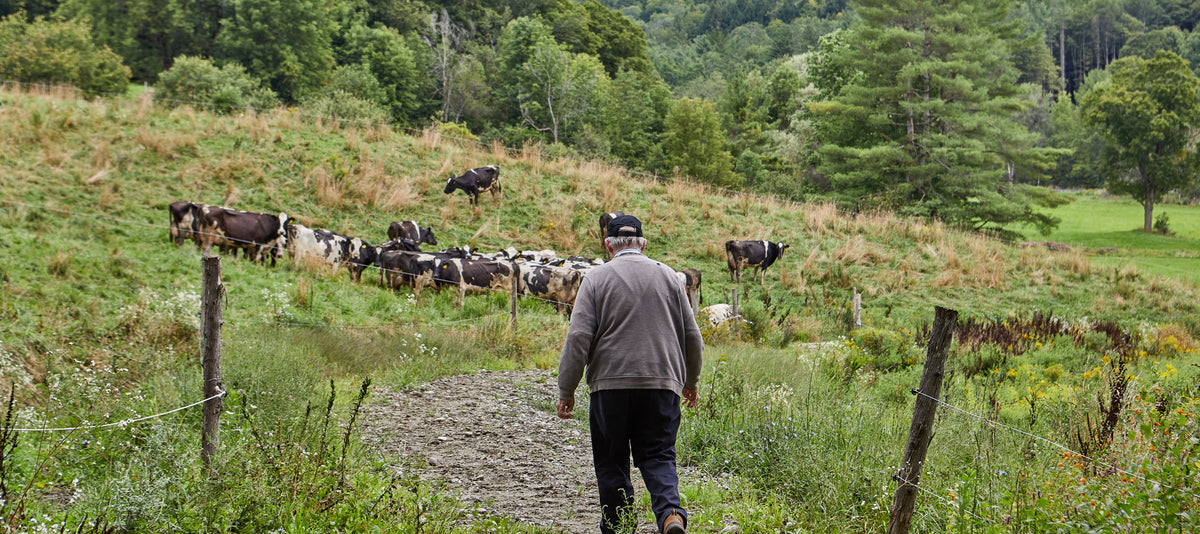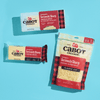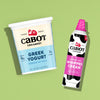
Doton Farm: Four Generations of Farming

The Dotons are deeply rooted in Barnard. They have been farming the same land since the 1920s with a brief break when the farm was sold to someone else until the family managed to buy it back. “My grandfather is buried over there,” says Paul, Bryan’s father, nodding across a field. Paul himself was “ten minutes from becoming a state police officer,” he explains, “but then I was working one day with my father putting up a fence and he said, ‘Do you want to take over?’ and I said, ‘Yes, that’s what I’ve always wanted.’”

Paul’s wife, Sherry, also had farming in her family. She earned a teaching degree and started working for Paul’s mom on the Dotons’ extensive vegetable gardens during her summers off. She married her boss’s son and now she takes care of the calves and runs a home daycare; her job is nurturing little ones of all species, she says with a smile. The Dotons have two grown kids of their own: “a city girl” who works in Washington D.C. and their “country boy,” Bryan, who has wanted to be a farmer since he was in kindergarten, his mom says.
The family takes their responsibility to the community and the environment very seriously and has made a deep commitment to protecting the watershed, including the Richmond Brook. Paul was a founding member of the Connecticut River Watershed Farmers Alliance, for which he currently serves as board chair. The group has more than 30 member farms across diverse agricultural sectors in both Vermont and New Hampshire. “Our goal is to educate ourselves to make sure farmers are doing our part to maintain or enhance the quality of the water,” Paul explains. “We network and help each other with resources and share our experiences and ideas."

Paul Doton’s commitment has not gone unrecognized. Recently, Paul joined the Vermont Agricultural Hall of Fame as part of the 2024 group of inductees. His recognition in the Lifetime Achievement Category “recognizes those who have made a significant contribution to the advancement, improvement, or development of Vermont agriculture over the course of their long career.”
Whether it’s serving on the Agri-Mark Board of Directors since the mid-90s and the Vice Chair of the New England Dairy Farmer Board, or his former work on the Board of Yankee Farm Credit, the Vermont Milk Commission, and the Dairy Management Inc. Board of Directors, his lifelong commitment to service and being a leader amongst the farming community is admirable.

Paul’s sustainability efforts and leadership were a main highlight in his recognition, including his practices on his farm, his role as a founding member of the Connecticut River Watershed Farmers Alliance, and his former work as a PES Soil & Health Working Group member.
Like many dairy farmers in the Northeast, the Dotons juggle a variety of projects around their core milk business. In addition to snowplowing for neighbors in winter and sugaring in the spring, they raise laying hens, vegetables and sweet corn for sale. A steady customer is chef-owner Will Dodson of The Barnard Inn Restaurant and Max’s Tavern. During the growing season, his house salad always features Doton Farm greens and their maple syrup in his signature maple-balsamic vinaigrette. Will graciously shared the recipe. He serves the vinaigrette over a spicy greens mix like arugula and mustard greens, with house-candied walnuts and crumbled blue cheese. We also think it works well over greens with some simple toasted walnuts and shredded extra-sharp cheddar.
Barnard Inn Restaurant and Max’s Tavern Maple-Balsamic Vinaigrette
-
¼ cup Dijon mustard
-
1 pinch garlic powder
-
¼ teaspoon crushed red pepper flakes
-
4 dashes Tabasco
-
1/4 cup pure maple syrup, preferably dark
-
1/2 cup balsamic vinegar
-
3/4 cup extra virgin olive oil
-
1/4 cup canola oil
-
1½ teaspoons coarse salt, plus more to taste













